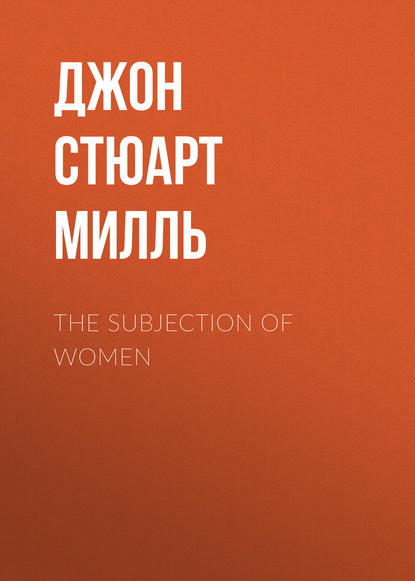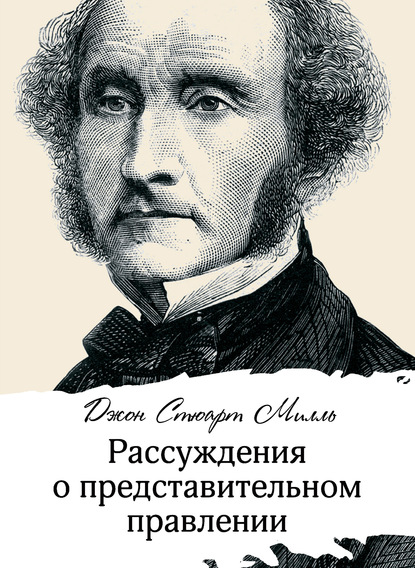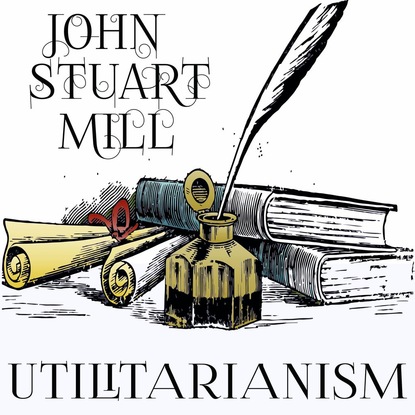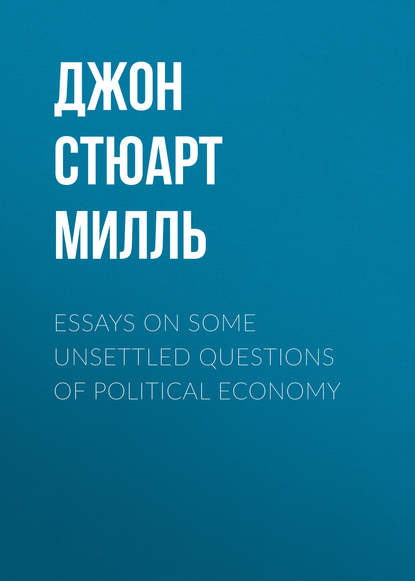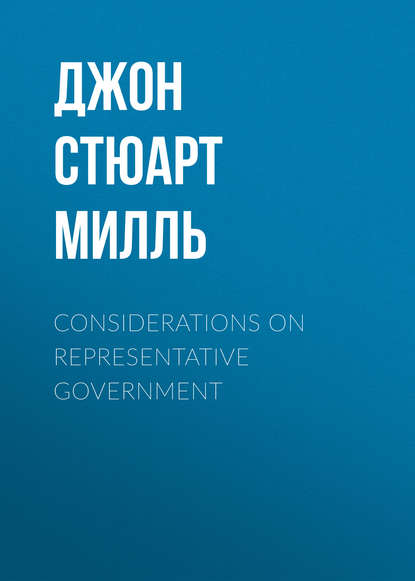
Полная версия
Considerations on Representative Government
Among the tendencies which, without absolutely rendering a people unfit for representative government, seriously incapacitate them from reaping the full benefit of it, one deserves particular notice. There are two states of the inclinations, intrinsically very different, but which have something in common, by virtue of which they often coincide in the direction they give to the efforts of individuals and of nations; one is, the desire to exercise power over others; the other is disinclination to have power exercised over themselves. The difference between different portions of mankind in the relative strength of these two dispositions is one of the most important elements in their history. There are nations in whom the passion for governing others is so much stronger than the desire of personal independence, that for the mere shadow of the one they are found ready to sacrifice the whole of the other. Each one of their number is willing, like the private soldier in an army, to abdicate his personal freedom of action into the hands of his general, provided the army is triumphant and victorious, and he is able to flatter himself that he is one of a conquering host, though the notion that he has himself any share in the domination exercised over the conquered is an illusion. A government strictly limited in its powers and attributions, required to hold its hands from overmeddling, and to let most things go on without its assuming the part of guardian or director, is not to the taste of such a people; in their eyes the possessors of authority can hardly take too much upon themselves, provided the authority itself is open to general competition. An average individual among them prefers the chance, however distant or improbable, of wielding some share of power over his fellow-citizens, above the certainty, to himself and others, of having no unnecessary power exercised over them. These are the elements of a people of place-hunters, in whom the course of politics is mainly determined by place-hunting; where equality alone is cared for, but not liberty; where the contests of political parties are but struggles to decide whether the power of meddling in every thing shall belong to one class or another, perhaps merely to one knot of public men or another; where the idea entertained of democracy is merely that of opening offices to the competition of all instead of a few; where, the more popular the institutions, the more innumerable are the places created, and the more monstrous the overgovernment exercised by all over each, and by the executive over all. It would be as unjust as it would be ungenerous to offer this, or any thing approaching to it, as an unexaggerated picture of the French people; yet the degree in which they do participate in this type of character has caused representative government by a limited class to break down by excess of corruption, and the attempt at representative government by the whole male population to end in giving one man the power of consigning any number of the rest, without trial, to Lambessa or Cayenne, provided he allows all of them to think themselves not excluded from the possibility of sharing his favors. The point of character which, beyond any other, fits the people of this country for representative government, is that they have almost universally the contrary characteristic. They are very jealous of any attempt to exercise power over them not sanctioned by long usage and by their own opinion of right; but they in general care very little for the exercise of power over others. Not having the smallest sympathy with the passion for governing, while they are but too well acquainted with the motives of private interest from which that office is sought, they prefer that it should be performed by those to whom it comes without seeking, as a consequence of social position. If foreigners understood this, it would account to them for some of the apparent contradictions in the political feelings of Englishmen; their unhesitating readiness to let themselves be governed by the higher classes, coupled with so little personal subservience to them, that no people are so fond of resisting authority when it oversteps certain prescribed limits, or so determined to make their rulers always remember that they will only be governed in the way they themselves like best. Place-hunting, accordingly, is a form of ambition to which the English, considered nationally, are almost strangers. If we except the few families or connections of whom official employment lies directly in the way, Englishmen's views of advancement in life take an altogether different direction – that of success in business or in a profession. They have the strongest distaste for any mere struggle for office by political parties or individuals; and there are few things to which they have a greater aversion than to the multiplication of public employments; a thing, on the contrary, always popular with the bureaucracy-ridden nations of the Continent, who would rather pay higher taxes than diminish, by the smallest fraction, their individual chances of a place for themselves or their relatives, and among whom a cry for retrenchment never means abolition of offices, but the reduction of the salaries of those which are too considerable for the ordinary citizen to have any chance of being appointed to them.
Конец ознакомительного фрагмента.
Текст предоставлен ООО «ЛитРес».
Прочитайте эту книгу целиком, купив полную легальную версию на ЛитРес.
Безопасно оплатить книгу можно банковской картой Visa, MasterCard, Maestro, со счета мобильного телефона, с платежного терминала, в салоне МТС или Связной, через PayPal, WebMoney, Яндекс.Деньги, QIWI Кошелек, бонусными картами или другим удобным Вам способом.
1
I limit the expression to past time, because I would say nothing derogatory of a great, and now at last a free, people, who are entering into the general movement of European progress with a vigor which bids fair to make up rapidly the ground they have lost. No one can doubt what Spanish intellect and energy are capable of; and their faults as a people are chiefly those for which freedom and industrial ardor are a real specific.
2
Italy, which alone can be quoted as an exception, is only so in regard to the final stage of its transformation. The more difficult previous advance from the city isolation of Florence, Pisa, or Milan, to the provincial unity of Tuscany or Lombardy, took place in the usual manner.





